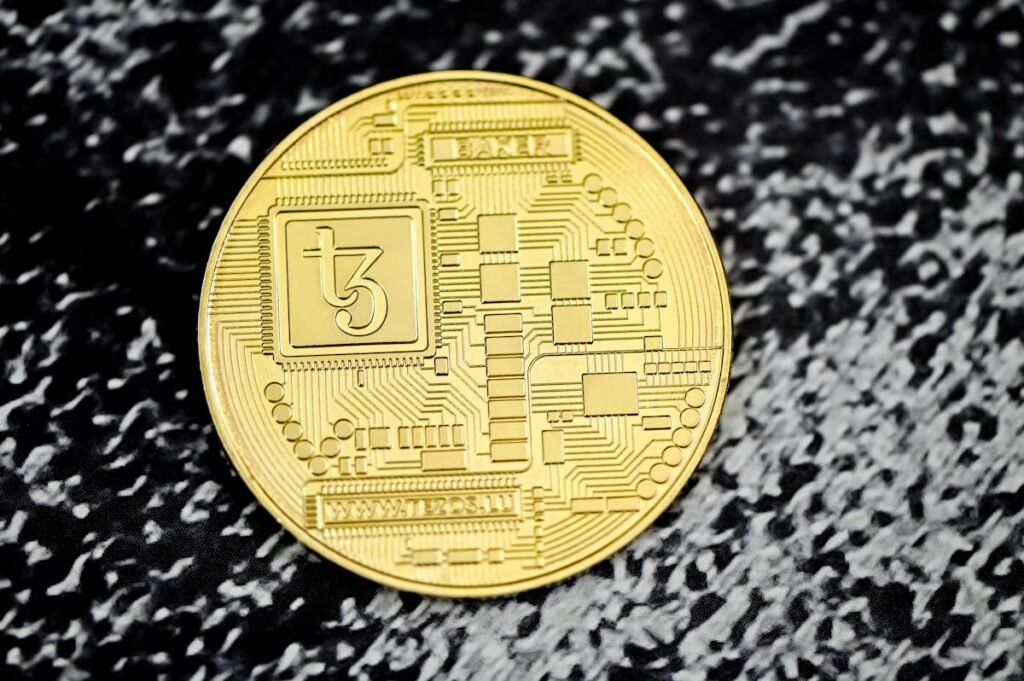Imagine walking through a bustling marketplace at night where every transaction whispers secrets, but no receipt ever reveals who made the purchase. In this dimly lit bazaar, identities vanish, and only trust—born from technology and cryptography—binds buyers and sellers. This is the world of modern darknet markets, where privacy is not just desired but essential for survival.
Yet as government agencies sharpen their digital magnifying glasses and blockchain analysts develop sophisticated tracking tools, one specific innovation has emerged as a linchpin for darknet survival: privacy coins. These cryptocurrencies cloak transactions in layers of anonymity, shielding users from the scrutiny that once made digital cash trails easy to follow.
In This Article
What Sets Privacy Coins Apart?
At their core, privacy coins are cryptocurrencies designed to conceal the details of transactions, including sender and receiver identities, as well as transaction amounts. Unlike mainstream cryptocurrencies such as Bitcoin or Ethereum—which record every transaction openly on a public blockchain—privacy coins prioritize confidentiality.
This secrecy is pivotal because it makes user activity difficult to trace, even by advanced blockchain analysis firms. These coins employ a range of cryptographic techniques, from ring signatures to zero-knowledge proofs, ensuring that transaction data remains shielded behind layers of encryption.
Darknet Challenges With Bitcoin
Bitcoin’s early association with darknet markets is well known. Silk Road, the infamous darknet marketplace that popularized the technology, exclusively accepted Bitcoin payments in its heyday. However, Bitcoin — while pseudonymous — is not fully anonymous.
Each transaction is permanently recorded on its public ledger, and over time, blockchain forensics companies have developed methods to link Bitcoin transactions to real-world identities. For darknet users, this public traceability transforms Bitcoin into a liability under increasing law enforcement scrutiny.
In response, the darknet community began seeking alternatives that offered more resilient anonymity.
How Privacy Coins Work
Privacy coins deploy several advanced technologies that mask transactional metadata, making them ideal for clandestine transactions.
- Ring Signatures: Used by coins like Monero, ring signatures mix a user’s transaction with a group of others, creating plausible deniability. This makes it nearly impossible to isolate the true sender.
- Stealth Addresses: These generate one-time addresses for each transaction, ensuring that only sender and receiver can link transactions to each other, protecting recipient privacy.
- Zero-Knowledge Proofs (ZKPs): Employed by coins like Zcash, ZKPs allow one party to prove that a transaction is valid without revealing the transaction amount or participants involved.
The combined effect of these technologies is a blockchain that doesn’t readily reveal who sent what, when, and to whom.
Key Privacy Coins Used in Markets
Several privacy-focused cryptocurrencies have gained widespread traction within the darknet ecosystem. Among them:
- Monero (XMR): The undisputed leader in darknet privacy coins, Monero boasts strong default privacy through ring signatures and stealth addresses. It is a favorite for both buyers and vendors.
- Zcash (ZEC): Utilizes zero-knowledge proofs to deliver shielded transactions. While privacy is optional in Zcash, it remains a popular choice for some darknet users.
- Dash (DASH): Offers PrivateSend, a mixing feature although less sophisticated than Monero’s privacy layer, it’s sometimes chosen for its faster transactions.
Monero’s dominance is reflected in its integration across darknet markets, often becoming the standard payment method over Bitcoin.
Why Darknet Markets Prefer Privacy Coins
The shift towards privacy coins in darknet ecosystems boils down to a few critical benefits:
- Untraceable Transactions: Vendors and buyers can interact without revealing their financial histories, thwarting law enforcement tracking efforts.
- Reduced Risk of Seizure: Since privacy coins obfuscate transaction trails, it’s harder for authorities to prove ownership and freeze assets.
- Better Protection Against Blockchain Analysis: Several blockchain analytics firms specialize in tracing Bitcoin transactions, but privacy coins vastly complicate this work.
- Market Trust and Reputation: As privacy coins became ingrained in darknet payment norms, communities and marketplaces started valuing those who transact with them, increasing trust.
Furthermore, the community around privacy wallets and secure crypto setups continues to evolve, offering users better usability without compromising anonymity.
Risks and Considerations
Despite their privacy appeal, privacy coins aren’t foolproof.
- Regulatory Pressures: Several countries are implementing strict regulations against privacy coins, sometimes delisting them from exchanges or banning their use.
- Operational Security (OpSec): Using privacy coins alone is insufficient if users expose their identities through other channels like forums, metadata leaks, or careless browsing habits.
- Exchange and Liquidity Issues: Exchanging privacy coins for fiat or other cryptocurrencies without compromising privacy can be challenging, often requiring mixers or peer-to-peer trades.
- Technical Complexity: Understanding and safely using privacy coin features demands technical knowledge which, if mishandled, may lead to user error and exposure.
Prioritize learning best OPSEC practices for darknet transactions alongside privacy coins — good habits complement strong tech.
Looking Ahead: The Future of Privacy Coins
As surveillance methodologies become more advanced, privacy coins are evolving in tandem. Research into stronger cryptographic techniques and improved usability promises more intuitive and resilient privacy tools.
At the same time, darknet markets themselves face increasing pressure, with law enforcement using AI to analyze behavioral patterns, and marketplaces moving toward multi-signature escrow and decentralized payment models to strengthen both privacy and security.
Emerging privacy-preserving technologies such as zero-knowledge rollups and decentralized identity frameworks could further shift how anonymity is maintained in darknet ecosystems, potentially bringing about a new era of trust and resilience.
Ultimately, privacy coins are not just a tool—they represent the ongoing arms race between those who seek to trade in secret and the entities determined to uncover them. For darknet markets, these coins are the currency of survival in an increasingly transparent world.



